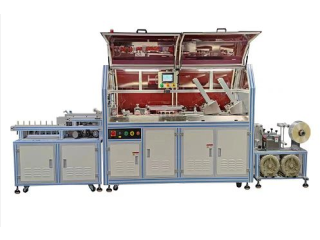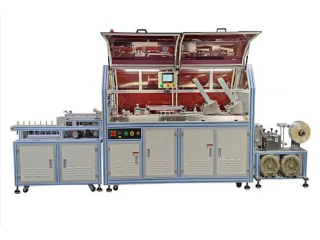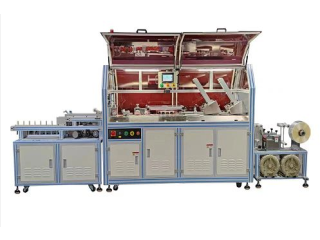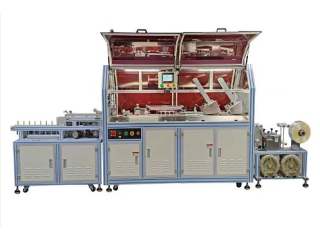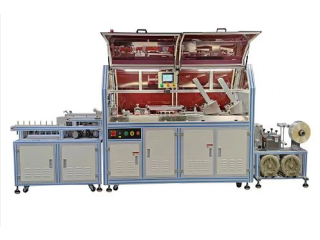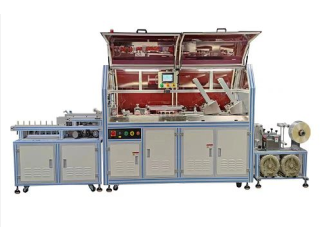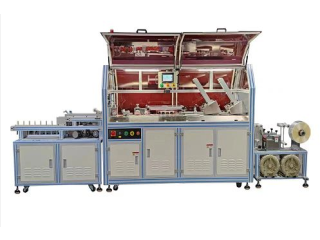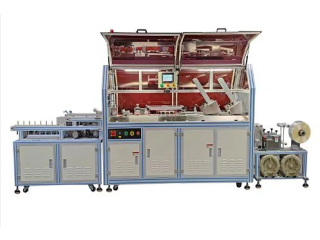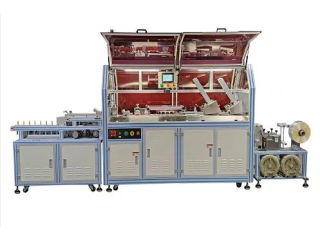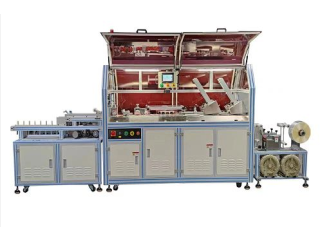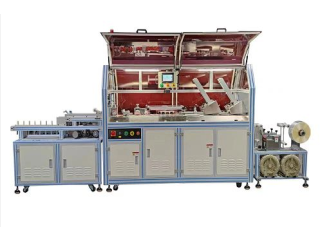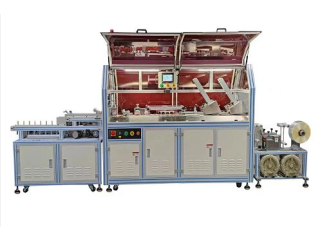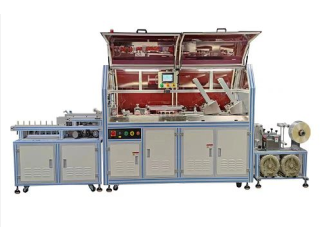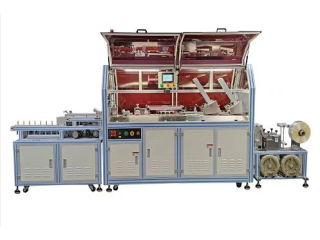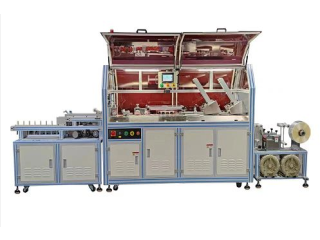How to start paper plate making company business
Sep 20th, 2022 at 11:46 Automobiles Battagram 342 viewsHow to start paper plate making company business
Disposable paper plate making business are the demand of the day for the Food & Beverage industries. Whether it’s a School Canteen, a vendor selling food on the train, or an anniversary party, plastic plates can be easily seen being used. Unlike plastic plates, these are eco-friendly and bio-degradable waste, therefore, preferred over other plates among most of the environment-conscious & developed countries. So paper plate business covers the Indian market as well as other developed countries’ market.
Double die Press paper plate machine cost
Depending upon the type of paper plate making machine, whether fully automatic or semi-automatic, and type of dies used.The cost of Fully automatic Hydraulic paper plate machine ranges between INR 97,000 to 5 lakhs.
New tests by BEUC, the European Consumer Organisation, claim to show that food packaging made of coloured paper and cardboard may contain and release chemicals originating from the inks used for printing.
The claims come amid an ongoing shift from plastic to paper packaging for a range of products.
Paper is the second most used food packaging material after plastics and used for items like coffee cups and straws. But, unlike plastics, there are no EU rules governing paper’s use as a “food contact” material.
With single-use plastics set to be banned in the EU from 2021, the BEUC tests have raised safety concerns over some alternatives like paper. The group says the results show the need for EU-wide laws regulating the use and safety of all paper and cardboard food packaging.
In the tests, BEUC analysed 76 samples of printed paper food container or board food packaging, such as coffee cups, paper straws, printed napkins and grocery products.
BEUC said the findings show that more than one in six samples contained primary aromatic amines, some of which are suspected to cause cancer. Nine samples contained these chemicals above the limit set in the EU Plastic Regulation.
Almost all 76 samples contained UV filters. Some UV filters are suspected to cause cancer or disrupt the hormone system. Further analysis of 21 samples showed that UV filters migrate into food above the recommended levels in six products, including a children’s box of raisins.
The safety of most of the substances found to migrate into food has not been evaluated by the EU food safety watchdog, EFSA.
Reacting to the findings, Monique Goyens, director general of BEUC, told this website, “Most consumers naturally assume that the material in direct contact with their food is free of harmful chemicals but that is sadly not the case.”
Why is industrial packaging important?
Packaging is everywhere. It’s an important component of the consumer-led lives we lead. Whenever we make a purchase online or in the shops, our products are contained in some form of packaging.
But while we are all too familiar with packaging in supermarkets, industrial packaging is often overlooked – and it’s one of the most important links in the supply chain.
Industrial packaging includes everything from blue plastic drums to cardboard boxes, all of which help products to arrive safely and in perfect condition. In this article, we take a look at why industrial packaging is so important.
WHAT IS INDUSTRIAL PACKAGING?
To understand why industrial packaging is so important, you first need to understand what it is.
The goal of industrial packaging is to protect industrial goods while they are being stored or transported. It’s often heavy-duty and versatile, and is designed to store large quantities of goods, from hazardous waste to foodstuff. Industrial packaging is different from the commercial packaging you find in shops in terms of scale and materials used.
Common types of industrial packaging include blue plastic drums, steel drums, cardboard boxes, intermediate bulk containers (IBC) and fibre drums, among many more.
HEALTH AND SAFETY
In an industrial capacity, the most important role that industrial packaging plays is in terms of health and safety. Indeed, many laws and regulations require stringent health and safety standards to be reached and procedures to be followed. Industrial packaging helps businesses to meet their requirements.
It’s designed specifically to store industrial goods, although it’s vital that you select the correct type of packaging for the goods you need to store.
Industrial packaging keeps goods safely stored while they are in the warehouse or in transit to their destination. Packaging such as blue plastic drums, for instance, is certified to hold hazardous waste and chemicals. Containers such as steel drums are certified to hold petrol and other types of fuel.
In the event of an accident, if your goods are stored in the correct containers, the packaging helps to minimise danger to health and safety.
PROTECTION OF PRODUCTS
As well as proving essential for health and safety reasons, industrial packaging protects products from damage or contamination during storage or transport.
Products that need to be sold in a supermarket, for instance, can be boxed up in industrial standard cardboard boxes that offer protection when they are in transport from the wholesale warehouse to the shop floor.
Industrial chemicals can be transported in UN-approved plastic drums, where they will be protected from contamination. Drum liners can help to avoid any cross-contamination while making the drums reusable, too.
Industrial packaging will prevent liquids from spilling, and it will protect goods from being damaged or broken while they are in transit.



